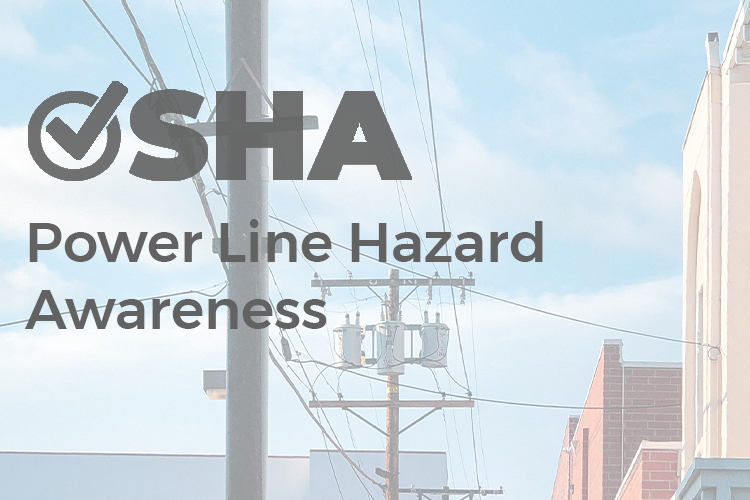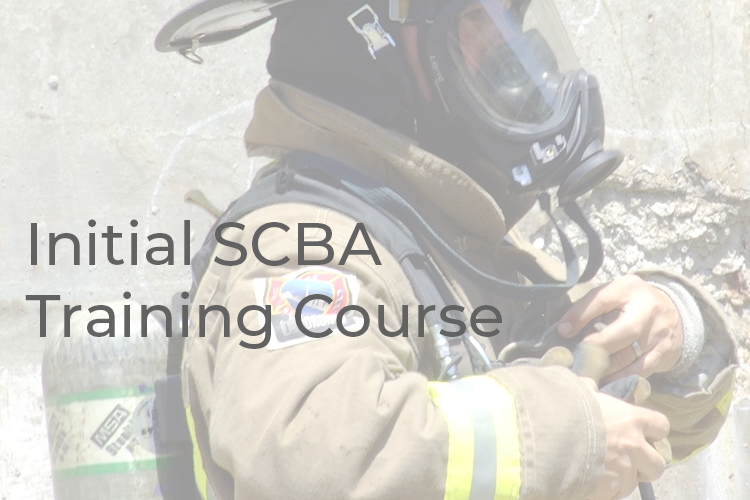Course Description:
This awareness course provides the participant with the information required to properly recognize, assess and control hazards associated with H2S gas. Participants will be introduced to the properties of H2S gas, the health hazards associated with exposure, detection and monitoring methods, and acceptable exposure limits.
Participants will learn about personal breathing apparatus, contingency planning and rescue methods used to assist victims of overexposure. Participants will learn to protect themselves first before they can help others. It is important that every oil and gas industry worker understand basic first aid measures including rescue breathing and cardiopulmonary resuscitation (CPR). The course reviews how and when to use Personal Protective Equipment (PPE) such as Self Contained Breathing Apparatus (SCBA) and Supplied Air Breathing Apparatus (SABA).
This course provides information on the hazards of the H2S gas, as well as ways to prevent and respond to exposure, participants will require additional training in the use of company specific protective equipment and procedures. Training in equipment use and procedures should be provided by your employer and specific to your worksite.
Course Topics:
H2S formation chemistry and physical properties
Personal protective equipment training for H2S
Precautions to take when working with Hydrogen Sulfide (H2S)
Rescue and first aid including artificial respiration and CPR training.
Description of methods necessary to work safely with hydrogen sulfide (H2S)
Identification of Hydrogen Sulfide forms and important properties
Identification of personal protective equipment such as respirators, rescue packs and gas monitors
Precautions to take to ensure your safety when entering an area which may contain H2S vapors
Rescue and first aid as it applies to H2S exposure
How to revive victims of H2S inhalation using artificial respiration and CPR
Course Modules:
Hydrogen Sulfide: It’s a Killer Gas
Introduction to H2S
Properties of H2S
H2S Health Hazards
Hazard Detection & Exposure Limits: How much is too much?
Hazard Detection
How H2S is measured?
Worker Exposure Limits & Corresponding Health Effects
Signs & Symptoms of Acute Toxicity
Signs and Symptoms of Chronic Toxicity
Hydrogen Sulfide in the Oil & Gas Industry
Locations of H2S (some examples)
Perfect Conditions for a H2S Release
Locations of H2S Leaks (some examples)
Activities that Contribute to a Release
Common Leak Locations
Personal Protective Measures
Personal Protective Equipment
Contingency Plans & Rescue Response including First Aid
Contingency Plans & Emergency Response
Emergency Response Strategy
Unresponsive Worker Rescue Techniques
Rescue Breathing
CPR
Requesting Emergency Medical Services
Safe Job Procedures
Safe Job Procedures
Employer Responsibilities
Workers Responsibilities
Worksite Awareness
Who Should Attend:
This course is intended for workers that work near or in proximity to Hydrogen Sulfide (H2S).
Regulatory Requirements:
OSHA 29 CFR 1910 and 1926, ANSI Z390.1 Accepted Practices for Hydrogen Sulfide (H2S) Training Programs, and other regulatory standards.






